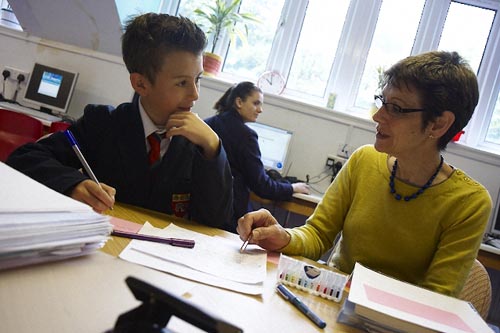
Fueled by international test scores which indicate that the UK is lagging behind other nations in education, the British education debate has focused on a number of issues. These include the nature of standardized exams and the weakness of the academic core requirements. The national exam system is costly and has lost public support in terms of academic quality (Per es. teachers teaching to the test). A 14, students can drop critical subjects such as the single sciences and foreign languages, and the study of these subjects has fallen dramatically in the past 10 anni, with students from low income backgrounds being affected the most.
Il professor Michael Young (sociologist of education and Emeritus Professor of Education at the Institute of Education, University of London) commenti:
At best, we still only educate between 40% e 50% of each cohort of young people. From the age of 14, the remainder are allowed to drift onto courses that lead them nowhere — neither to jobs nor to further study. We assume but do not admit that they are, to various degrees, uneducable, and so we don’t care that the courses they take, often carrying a spurious vocational label, are worthless. We also assume that they are incapable of benefiting from continuing their general education. No countries have solved this problem. Alcuni, such as the Nordic, Tedesco, as well as some Asian countries, achieve more than we do. Such inequalities are ultimately a political issue lying deep in the way most societies have developed. We are not powerless. Schooling is a universal right and this means much more than attendance. It is about the right of all young people to have access to ‘powerful knowledge’ — the knowledge that takes them beyond their experience and enables them to imagine alternatives.
Professor Young’s research interests are in knowledge, curriculum and qualifications. Il suo libro più recente, Portare Conoscenza Back In, ha vinto il secondo premio come Regno Unito Istruzione Book of the Year (2010).
Che tipo di sistema educativo consentirà a un paese di avere le competenze necessarie per competere a livello globale??
The influential idea of the ‘knowledge society’ means that each occupation will be under pressure to augment its quantum of conceptual knowledge. This is because generalizable innovation relies on conceptual knowledge and it is this kind of innovation that the global economy most prizes. It follows that if a country is to compete, its educational programs, whether general or vocational, must emphasize conceptual rather than contextual skills.
What is your view on standardized testing?
At best, standardized testing can provide a benchmark for how an education system is achieving relative to other systems. The PISA tests are a case in point. They are not perfect but there is a reasonable consensus that their measures can be trusted. Tuttavia, standardized testing can only inhibit the love of learning and stimulate a pedagogy which focuses on drill and practice. That is why they should be kept in the background and given a relatively low profile except for international comparisons.
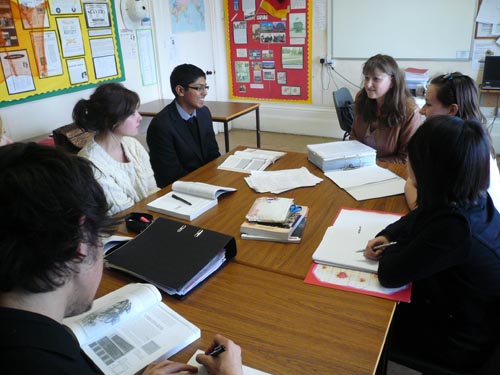
Se generalizzazione è possibile, what elements are missing from the preponderance of current educational systems, come ad esempio il pensiero critico?
I do think generalizations are possible but I think ‘critical thinking’ is a completely meaningless and misconceived idea. It assumes that the process of criticism is independent of what is being criticized and the conceptual basis of the critiques. Any serious enquiry and any serious learning involves critique as one step in reaching a more reliable understanding but the meaning of critique will depend on the phenomenon being criticized, the concepts that are used to formulate the critique, and the domain of enquiry. Physicists, artisti, historians, and cabinet makers engage in critique of their and others’ practice and concepts, but there is nothing useful in abstracting a common notion of being critical.
There is no process or practice called ‘critique’ which people can learn to do and then apply in different contexts and across different domains. A similar argument could be made for problem solving: there are math problems, problems with bringing up children … and only the word is similar.
The other popular educational fad of the moment, ‘learning to learn,’ is equally vacuous, and potentially even more dangerous educationally. Da un lato, any researcher, professional, craftsman/woman, musician, artista, and the best managers and administrators learn to learn and how to learn during their careers. D'altronde, if students come to treat ‘learning to learn’ as an important technique to be learned, it can lead them to distrust what they know, be open to every new learning (or training) opportunity, and lose confidence in what they know. When the new is better than the old just because it is new, this is the beginning of commercialism. Students need to learn to trust what they know but be open to its fallibility. There is no generic technique called ‘learning to learn’. Those who take learning seriously do it because they are motivated — either because it is part of their profession or because they find acquiring new knowledge something intrinsically worthwhile.
Cosa si può fare per affrontare al meglio il benessere emotivo e potenziale intellettuale dell'individuo, che sembrano soffrire nel sistema attuale?
I think people’s emotional well-being is harmed when they are bored by routine teaching to the test. Real learning and engaging with powerful new ideas in the humanities or the sciences involves a student’s emotional resources as well as their intellectual resources. It is when their intellectual resources become taken over by a testing machine that their emotional well-being is threatened.
Da una prospettiva più ampia, does your country’s definition of educational excellence take into account artistic and cultural achievements and the quality of life of individuals?
The answer is yes for some, and no for the majority. The elite schools, well resourced and with highly qualified teachers, often but not always with students boarding, offer a flourishing extra curriculum of arts, sporting and other activities where the pupils have large amounts of control over their own learning. A weaker version used to be a feature of state schools but has been undercut by new approaches to teacher workforce development where teachers work for a defined number of hours and are no longer encouraged to engage in extra curricular activities voluntarily. Creating opportunities to broaden students’ experience of different cultural activities requires high paid teachers and a broadening of their professionalism.
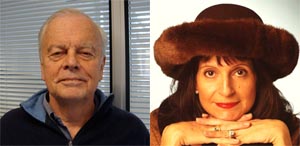

In Il Global Ricerca per l'Educazione, unire C. M. Rubin e leader di pensiero di fama mondiale tra cui Sir Michael Barber (Regno Unito), Dr. Leon Botstein (Stati Uniti), Dr. Linda di Darling-Hammond (Stati Uniti), Dr. Madhav Chavan (India), Il professor Michael Fullan (Canada), Il professor Howard Gardner (Stati Uniti), Il professor Yvonne Hellman (Paesi Bassi), Il professor Kristin Helstad (Norvegia), Il professor Rose Hipkins (Nuova Zelanda), Il professor Cornelia Hoogland (Canada), Sig.ra. Chantal Kaufmann (Belgio), Il professor Dominique Lafontaine (Belgio), Il professor Hugh Lauder (Regno Unito), Il professor Ben Levin (Canada), Il professor Barry McGaw (Australia), Il professor R. Natarajan (India), Sridhar Rajagopalan (India), Sir Ken Robinson (Regno Unito), Professor Pasi Sahlberg (Finlandia), Andreas Schleicher (PISA, OCSE), Dr. David Shaffer (Stati Uniti), Dr. Kirsten Immersive Are (Norvegia), Cancelliere Stephen Spahn (Stati Uniti), Yves Theze (French Lycee US), Il professor Charles Ungerleider (Canada), Il professor Tony Wagner (Stati Uniti), Professor Dylan Wiliam (Regno Unito), Il professor Theo Wubbels (Paesi Bassi), Il professor Michael Young (Regno Unito), e il professor Zhang Minxuan (Porcellana) mentre esplorano le grandi questioni educative immagine che tutte le nazioni devono affrontare oggi. Il Global Ricerca per l'Educazione della Comunità Pagina
C. M. Rubin è l'autore di due ampiamente lettura serie on-line per il quale ha ricevuto una 2011 Premio Upton Sinclair, "Il Global Search per l'Educazione" e "Come leggeremo?"Lei è anche l'autore di tre libri bestseller, Compreso The Real Alice in Wonderland.

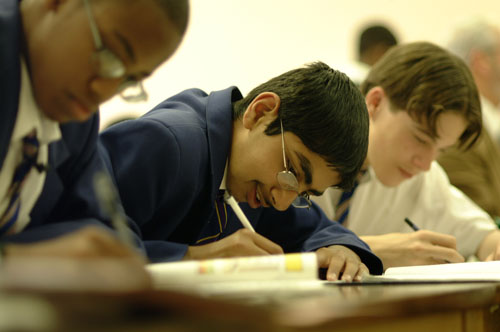
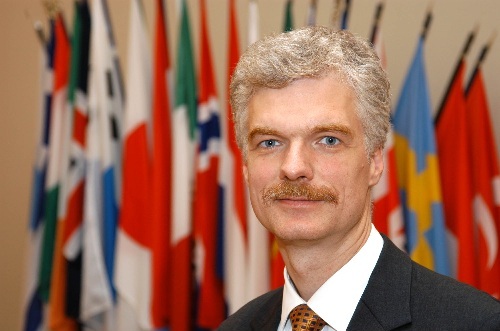
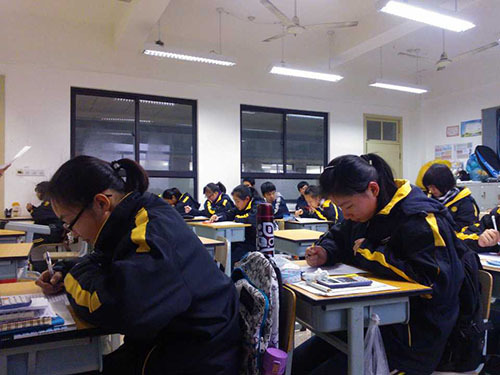
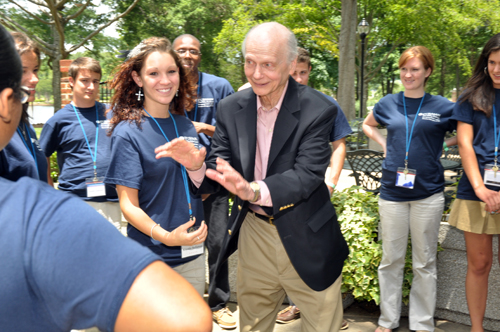
Commenti recenti